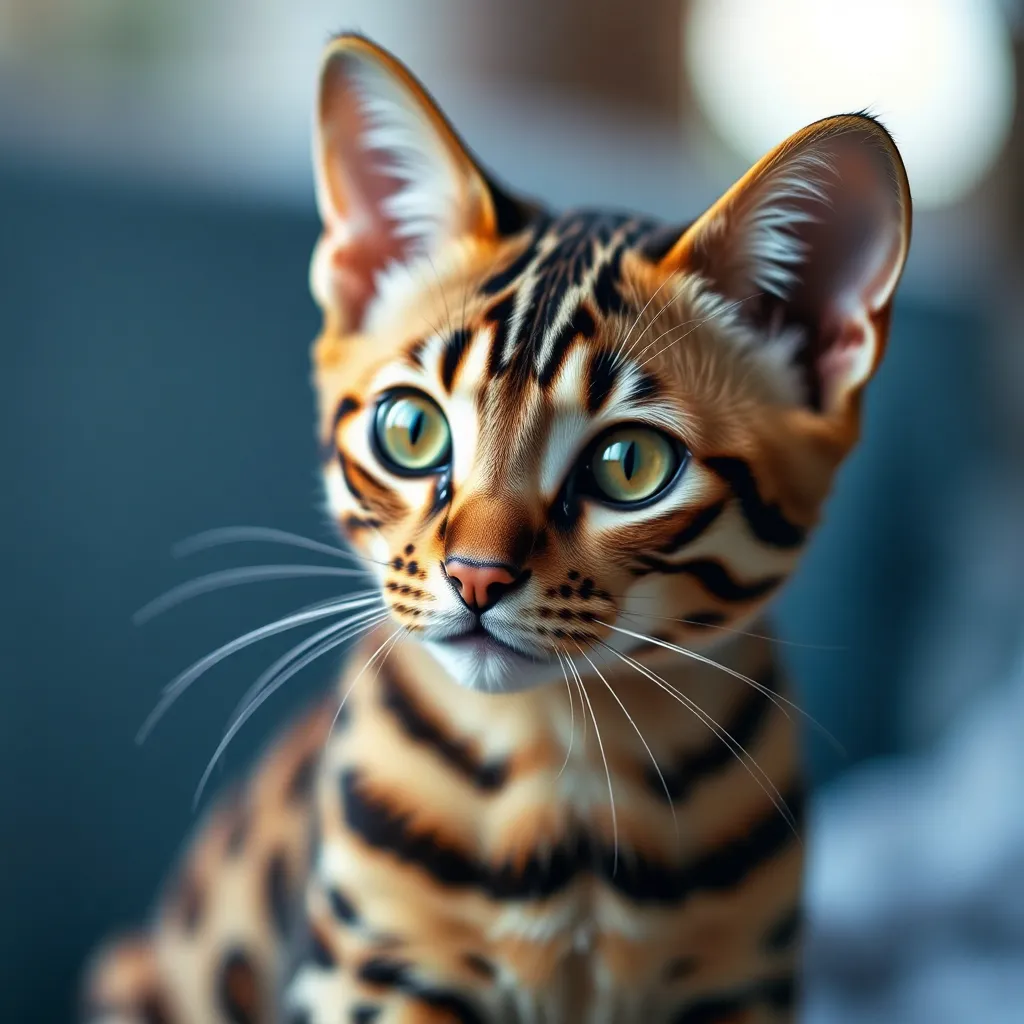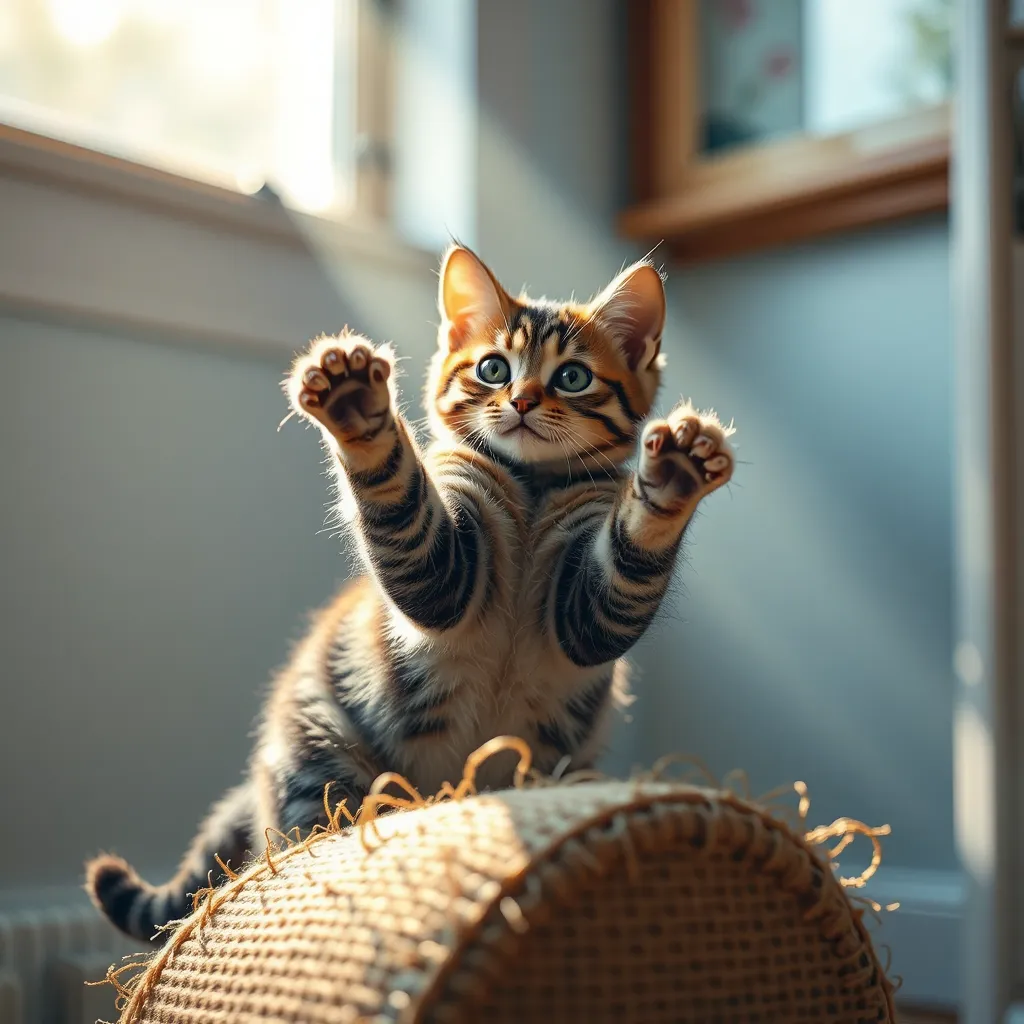Cats: Stress and anxiety are increasingly common issues affecting our feline companions. Understanding the signs, causes, and effective solutions is crucial for ensuring their well-being. This comprehensive guide explores natural and practical methods to help your stressed cat find peace and tranquility. We’ll examine proven techniques and recommend products to alleviate feline anxiety and promote a happier, healthier cat.
Understanding Feline Stress and Anxiety
Feline stress and anxiety manifest in various ways, often subtle and easily overlooked. Symptoms can include changes in litter box habits (increased urination outside the box, spraying), excessive grooming leading to hair loss, decreased appetite, increased vocalization (meowing, yowling), hiding behavior, aggression, or even self-mutilation. Underlying causes are diverse, ranging from environmental changes (moving house, new pet, family member) to medical conditions, lack of environmental enrichment, and underlying medical issues. A sudden change in routine can trigger anxiety, and even seemingly minor alterations can be significant stressors for sensitive cats. Understanding your cat’s individual personality and triggers is the first step towards effective management.
Identifying a Stressed Cat: Recognizing the Signs
Recognizing the signs of stress in cats is paramount. While some symptoms are obvious, others are more subtle. Look for changes in your cat’s behavior, such as:
- Changes in litter box habits: Increased urination or defecation outside the litter box, or even spraying urine.
- Excessive grooming: Over-grooming can lead to bald patches and skin irritation.
- Changes in appetite: Loss of appetite or overeating are both possible indicators.
- Increased vocalization: Excessive meowing, yowling, or chattering.
- Hiding behavior: Spending more time in secluded areas, avoiding interaction.
- Aggression: Increased aggression towards humans or other pets.
- Changes in sleep patterns: Increased or decreased sleep.
- Restlessness: Pacing, tail twitching, dilated pupils.
Natural Ways to Reduce Cat Anxiety
Several natural approaches can effectively alleviate feline stress and anxiety:
- Feliway Diffusers: These diffusers release synthetic feline pheromones, mimicking the calming scents cats produce naturally. They can create a more relaxed environment and reduce anxiety in many cats. Feliway is a well-known and widely available brand.
- Interactive Toys and Enrichment: Provide plenty of opportunities for mental and physical stimulation. Puzzle feeders encourage hunting instincts, while climbing structures and scratching posts cater to natural behaviors. Rotating toys regularly keeps your cat engaged and prevents boredom.
- Calming Herbs: Certain herbs possess calming properties and may help reduce anxiety. Chamomile and catnip (in moderation) are often used, though always consult your veterinarian before introducing new herbs to your cat’s diet. Valerian root is another option, but should be used cautiously and under veterinary supervision.
- Environmental Modifications: Creating a safe and secure environment is key. Provide multiple hiding places, comfortable resting spots, and access to high vantage points. Reduce stressful stimuli such as loud noises or sudden movements. A consistent routine is also crucial.
- Classical Music for Cats: Surprisingly, some cats respond well to classical music. The calming melodies can create a soothing atmosphere and reduce anxiety.
- Massage and Grooming: Gentle massage and grooming can be incredibly relaxing for cats. It strengthens your bond and provides physical comfort.
Products to Help Reduce Cat Anxiety
Several products are specifically designed to alleviate feline anxiety:
- Synthetic Feline Pheromones (Feliway): These products mimic the calming pheromones cats produce, creating a more relaxed environment.
- Calming Treats and Supplements: Many commercially available treats and supplements contain herbs or ingredients designed to promote relaxation. Always check the ingredients and consult your vet before using them.
- Puzzle Feeders: These toys engage your cat mentally and physically, reducing boredom and stress.
- Scratching Posts and Climbing Structures: Providing ample opportunities for scratching and climbing satisfies natural instincts and reduces stress.
Addressing Underlying Medical Conditions
It’s crucial to rule out any underlying medical conditions that might be contributing to your cat’s stress or anxiety. A veterinary checkup is essential to ensure there are no underlying health issues. Certain medical conditions can mimic anxiety symptoms.
Creating a Calming Environment for Your Cat
A calm and predictable environment is crucial for reducing stress in cats. Consider these tips:
- Consistent routine: Maintain a consistent daily routine for feeding, playtime, and grooming.
- Safe spaces: Provide multiple hiding places where your cat can retreat when feeling overwhelmed.
- Vertical space: Cats appreciate high vantage points, so provide cat trees or shelves.
- Enrichment: Keep your cat mentally and physically stimulated with toys, puzzles, and climbing structures.
- Minimize stress: Reduce exposure to loud noises, sudden movements, and other stressors.
FAQ
Q: How can I identify a stressed cat?
A: Signs of stress in cats can include changes in litter box habits, excessive grooming, decreased appetite, increased vocalization, hiding behavior, aggression, and changes in sleep patterns.
Q: What changes in routine can help reduce anxiety?
A: Maintaining a consistent daily routine for feeding, playtime, and grooming can help reduce anxiety. Avoid sudden changes in the household environment or routine as much as possible.
Q: Is there anything natural I can use to calm my cat?
A: Yes, several natural methods can help. Feliway diffusers release calming pheromones. Calming herbs like chamomile (in moderation) may also help, but always consult your veterinarian before introducing new herbs to your cat’s diet. Interactive play and environmental enrichment are also crucial.
Conclusion
Managing stress and anxiety in cats requires a multi-faceted approach. By understanding the signs, implementing stress-reducing techniques, and utilizing appropriate products, you can significantly improve your feline companion’s well-being and create a happier, healthier home environment. Remember to consult your veterinarian if you have any concerns about your cat’s behavior or health. Early intervention is key to addressing feline anxiety and preventing it from escalating into more serious issues.
Share this content:







